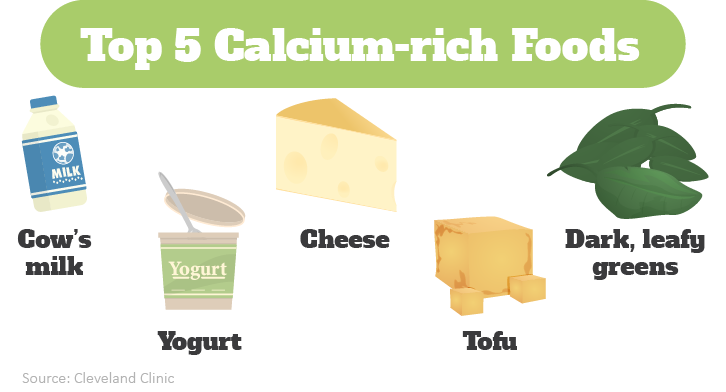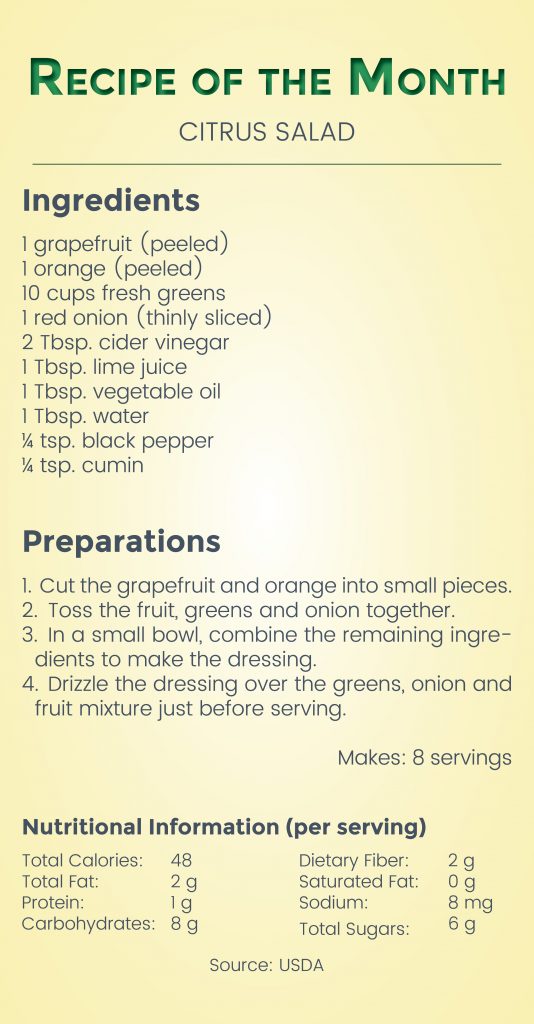Laughter May Be a Key in Fighting Workplace Stress
Laughter really is the best medicine—for some things. You’ve heard the phrase before and, according to the Mayo Clinic, it holds some truth. While a good sense of humor can’t cure all, laughing and joking around can help reduce your stress, improve your mood and make it easier to connect with others.
Humor in the Workplace Stress
The benefits of humor extend far beyond your personal life—they can be achieved at work too. Humor in the workplace can:
- Provide a non-confrontational means of talking with others without intensifying emotions.
- Help put difficult situations in perspective.
- Reduce stress by activating a physical response in the body—it can actually make you feel more relaxed and ready to take on difficult tasks.

- Serve as a pick-me-up in the middle of a long work day.
- Help boost your mood, especially if you’re having a bad day.
- Help foster positive professional relationships with your co-workers.
Things to Consider
Humor has a place in the office, but only if you know when and where it belongs. Be sure to avoid:
- Jokes that are sexual in nature
- Jokes about someone’s sexuality, religion, ethnicity or personal appearance
- Comments that put others down
- Sarcastic remarks
- Serious subjects like death, disabilities or sexual harassment
- Jokes that carry negative messages (If you wouldn’t say it in a conversation, don’t say it in a joke.)
Next time you’re feeling stressed out at work, tell a joke or two. Remember to be mindful of your audience and the types of jokes you’re telling to ensure that you’re only introducing positive humor in the workplace.
Are You Getting Enough Calcium?
Calcium is the most abundant mineral in your body. Consuming enough calcium is critical for keeping your bones and teeth strong and for maintaining the function of your nerves, heart and muscles. The current recommended dietary allowance (RDA) by age group is as follows:
- 1-3 years—700 mg daily
- 4-8 years—1,000 mg daily
- 9-18 years—1,300 mg daily
- 19-50 years—1,000 mg daily
- 51-70 years—1,000 mg daily (men) and 1,200 mg daily (women)
Please note that these RDAs reflect suggestions from the Office of Dietary Supplements at the National Institutes of Health. Please consult your doctor to determine how much calcium you need in your diet.

Healthy Snacks to Satisfy Your Workday Hunger
Snacking can be an important part of a healthy diet. Healthy snacks can provide midday energy boosts and fuel for exercising, and can help decrease your hunger and the odds of overeating at mealtime. Try incorporating these three simple snacks into your meal plan.
- Almonds—1.5 ounces of almonds (about 35 nuts) provides enough fiber, protein and good fats to keep you feeling full until your next meal.
- Greek yogurt parfait—1 cup of Greek yogurt with berries is a great way to get protein, calcium, fiber and antioxidants.
- Apple and ½ cup roasted chickpeas—Apples are fat-, sodium- and cholesterol-free. What’s more? One medium-sized apple has less than 100 calories. When paired with ½ cup roasted chickpeas, you get a snack that provides protein, and good fats and carbs.

All of us here at CoverLink wish you continued health and safety this year!
